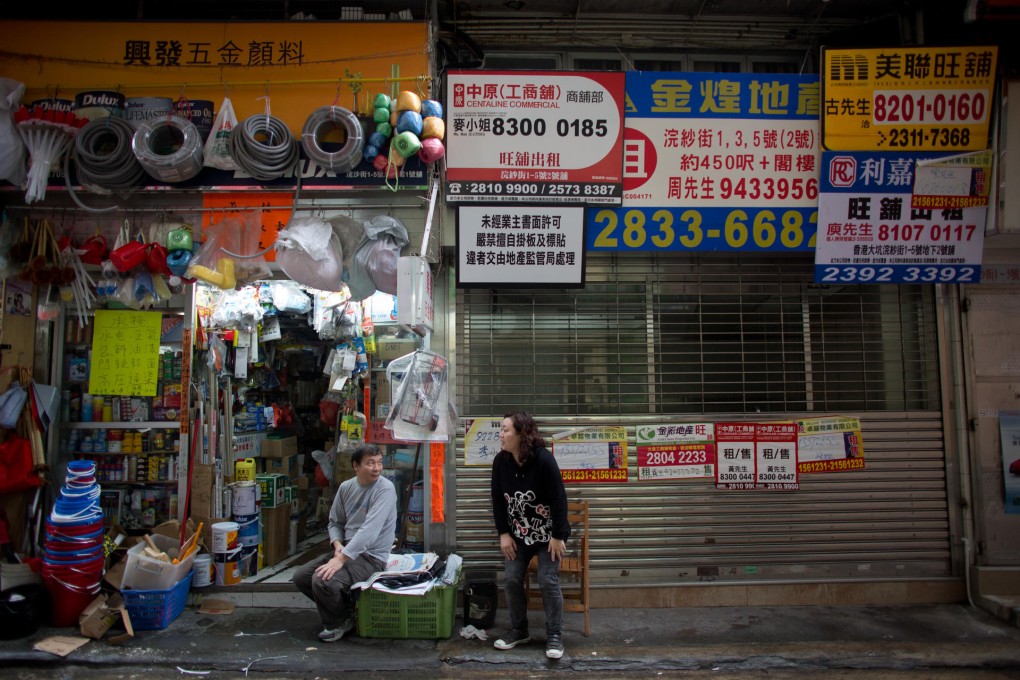High rents, not the minimum wage, are the main reason for rising prices
I refer to the article by Shirley Yuen, CEO of the General Chamber of Commerce ("Watch the clock", August 16) on whether there should be standardised working hours legislation in Hong Kong.

While it's encouraging to learn that 352 non-Hong Kong companies set up here in the first six months of this year, tapping into our labour force, Hong Kong employees have seen scant wage rises for the past decade - with many earning about HK$13,000 a month. This dismal amount is well below the poverty line in almost all developed countries.
These foreign firms must be very attracted by the low wages and long hours put in by Hongkongers. Indeed, Yuen touches on the minimum wage issue, as the chamber warned that it would push up the cost of living, particularly for people on the low end of the pay scale.
She also says now that the effects of the minimum wage have filtered through the economy, basic food including a meal at a cha chaan teng costs more, as businesses have had to increase their prices to pay higher wages.
In fact, a restaurant's main expense comes from the cost of food - usually from the mainland - that has become more expensive due to price increases and the effect of a weak Hong Kong dollar. The other major expense is rent, which applies to many businesses in Hong Kong.
Our iconic local noodle shops, bakeries and other local businesses have been forced to close down due to doubling or tripling of rents - paving way for jewellers, luxury items, Chinese medicine products and, yes, many foreign businesses.